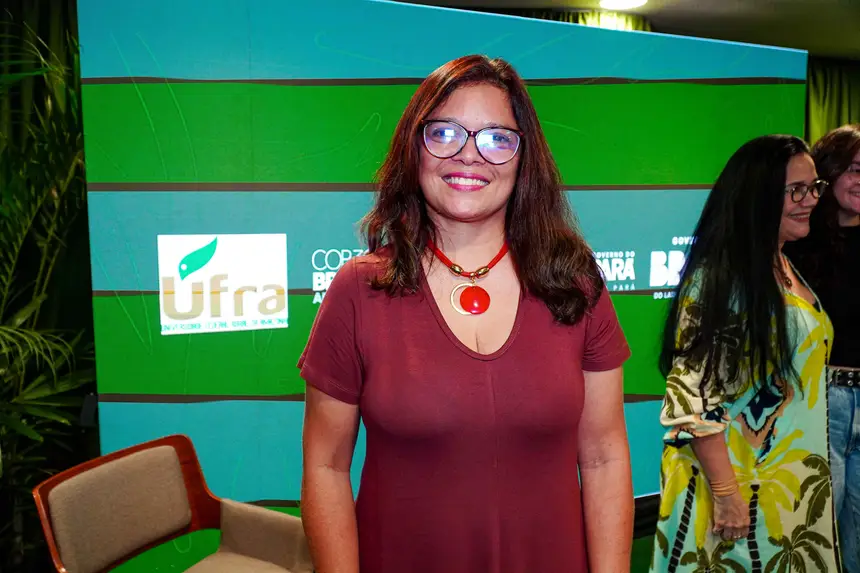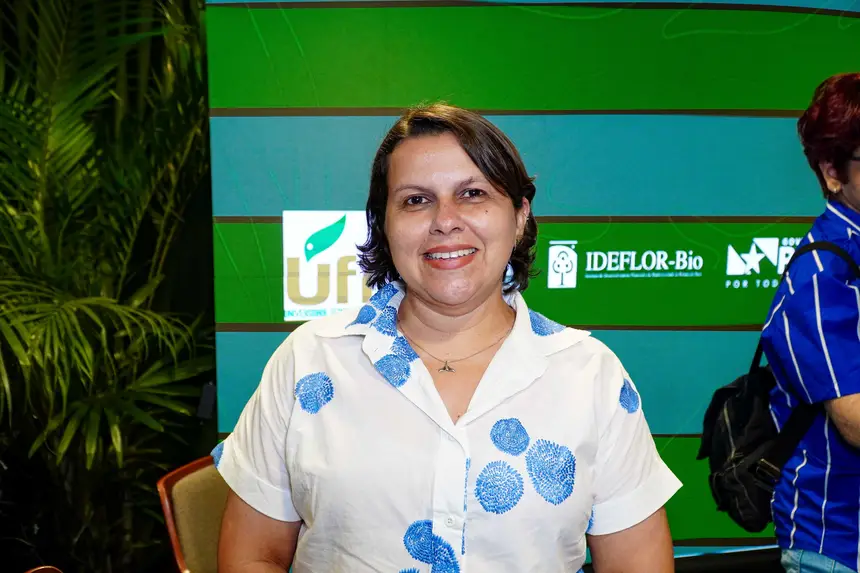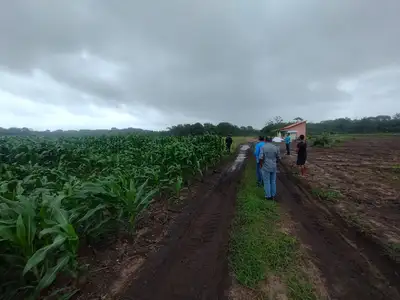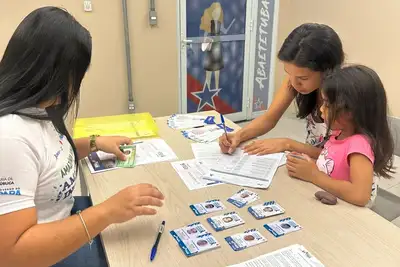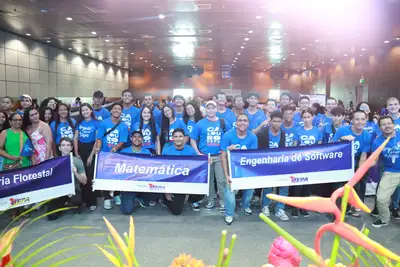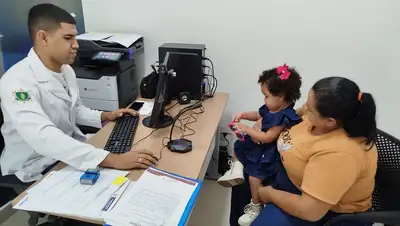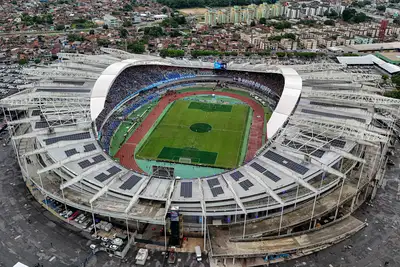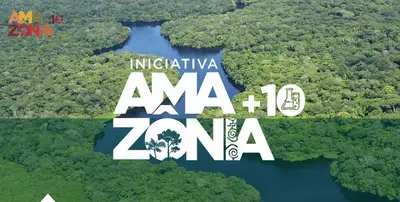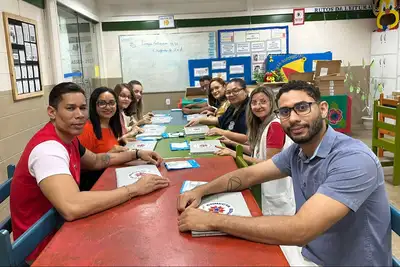Experts discuss monitoring and rehabilitation of Amazonian wildlife at the Pará Pavilion of COP30
The discussion highlighted the importance of collaborative networks capable of responding swiftly and responsibly to conservation challenges
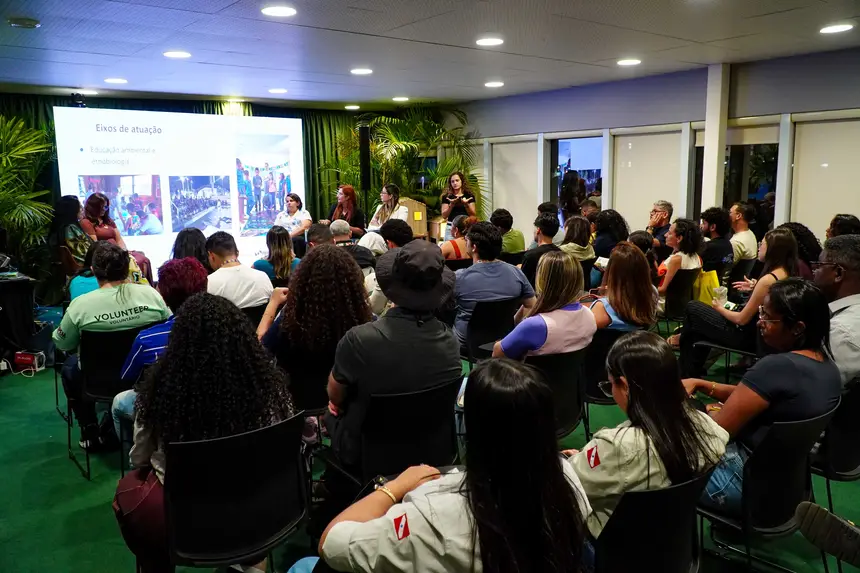
The Pará Pavilion, in the Green Zone of COP30, hosted one of the most sensitive and necessary debates for the future of Amazonian biodiversity on Wednesday (13). The panel "Strategies for Aquatic Wildlife Conservation: Management in Conservation Units, Monitoring, and Rehabilitation" brought together researchers, managers, and specialists dedicated to the protection of endangered species.
Led by environmental analyst from the Institute of Forest Development and Biodiversity of Pará (Ideflor-Bio), Lorena Lisboa, the discussion highlighted the importance of collaborative networks capable of responding swiftly and responsibly to conservation challenges.
Right at the opening, Lorena emphasized the integrated nature of actions involving conservation units, monitoring, and emergency care for weakened animals. "Our panel showed how we work in a network. Often, Ideflor-Bio is called when a weakened animal appears; we monitor and get support from our partners, such as the Bicho D’Água Institute, the Federal Rural University of the Amazon (Ufra), or the Bioma Institute," she explained.
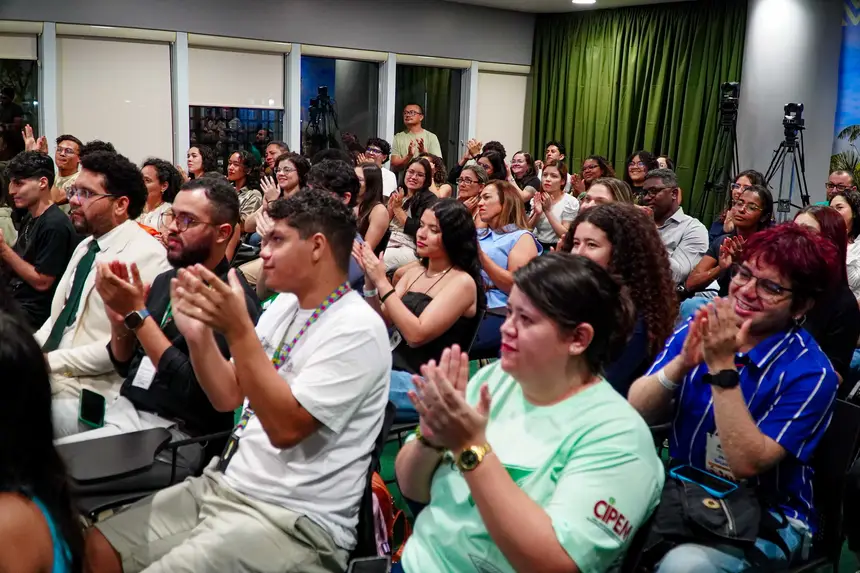
Integrated action - For her, this solidarity articulation allows each institution to contribute with its specialty. "We talked about the importance of conservation and preservation of these animals, keeping the environment clean, and strengthening our conservation units," she added.
The participation of the president of the Bicho D’Água Institute, Renata Emim, reinforced the relevance of qualified care and rehabilitation work. The institution works in the rescue and management of mammals, turtles, and other aquatic animals, with a special focus on endangered species. "It was very important to bring the work of Bicho D’Água to this space. We operate in conservation units, always in partnership, conducting rescues, treating, and rehabilitating animals to try to return them to nature," she reported. Renata reminded that the return of these individuals to protected areas directly contributes to the maintenance of Amazonian ecosystems.
The director of the Veterinary Hospital of Ufra, Ana Ribeiro, brought a compelling reflection on the role of wildlife in environmental discussions. According to her, even in global events like COP, the relevance of wildlife is still little recognized. "Wildlife is still very invisible. Society does not recognize its role in conservation and in the maintenance of forests themselves," she stated. Ana highlighted that in tropical forests, about 80% of seed dispersal depends on animals. "The absence of wildlife is the absence of forests. It is the degradation of the ecosystem," she warned.
Learning in practice
The professor also emphasized that the participation of the university in rehabilitation and research actions is essential for training new professionals prepared to work in conservation. "It is an opportunity for us to develop work that goes beyond rehabilitation: we train people capable of acting responsibly in this new moment. COP marks a point of no return; the responsibility is now much greater for all of us," emphasized Ana, highlighting the weight of the meeting for institutional and scientific advances.
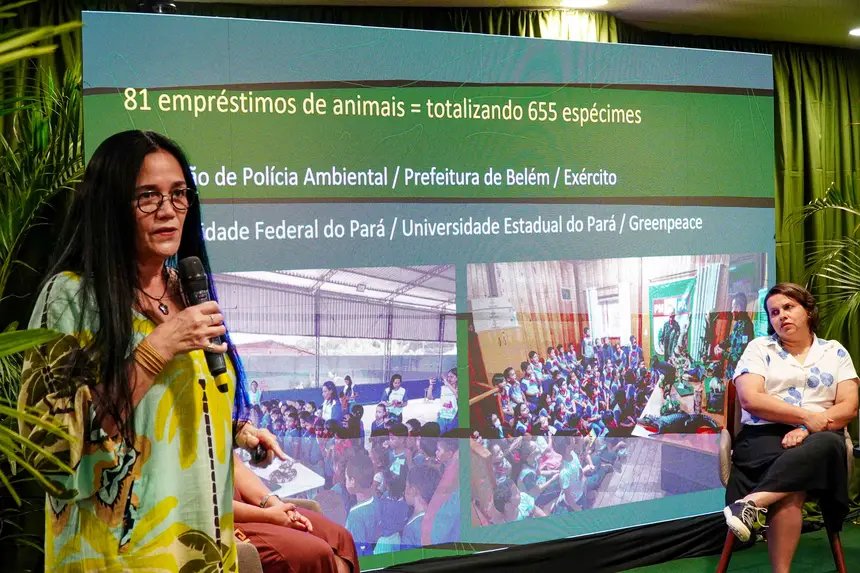
Also present at the debate, the coordinator of the Bioma Institute, Doracele Alcântara, shared experiences focused on monitoring wildlife and applying methodologies that expand knowledge about at-risk aquatic species. Her speech reinforced the importance of aligning scientific data, public management, and community actions to ensure efficiency in conservation strategies. The articulation with Ideflor-Bio, according to her, enhances the response capacity of the state biodiversity system.
The coordinator of the Zoology Museum of Ufra, Andrea Magalhães, highlighted the role of scientific research and zoological collections as a basis for strategic conservation decisions. Andrea emphasized that updating inventories, studying aquatic populations, and understanding species distribution are indispensable tools for guiding management plans and public policies. Her contribution showed how science, when connected to the demands of territories, generates real impacts.
The importance of wildlife
Throughout the panel, the audience could understand how the conservation of aquatic wildlife depends both on emergency rescue and systematic management actions in conservation units, environmental education, monitoring, and scientific production. The specialists' speeches demonstrated that, in the face of climate change, the protection of these animals, many of which are indicators of ecosystem health, becomes even more urgent.
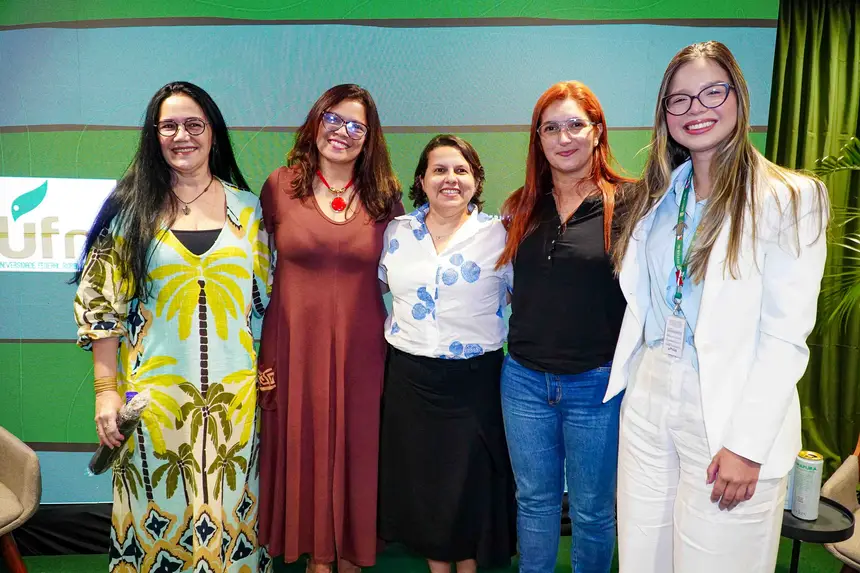
The meeting at the Pará Pavilion concluded with a collective call to action. The panelists reinforced that conserving Amazonian aquatic wildlife is ensuring the balance of rivers, the vitality of forests, and the survival of the communities that depend on them.




